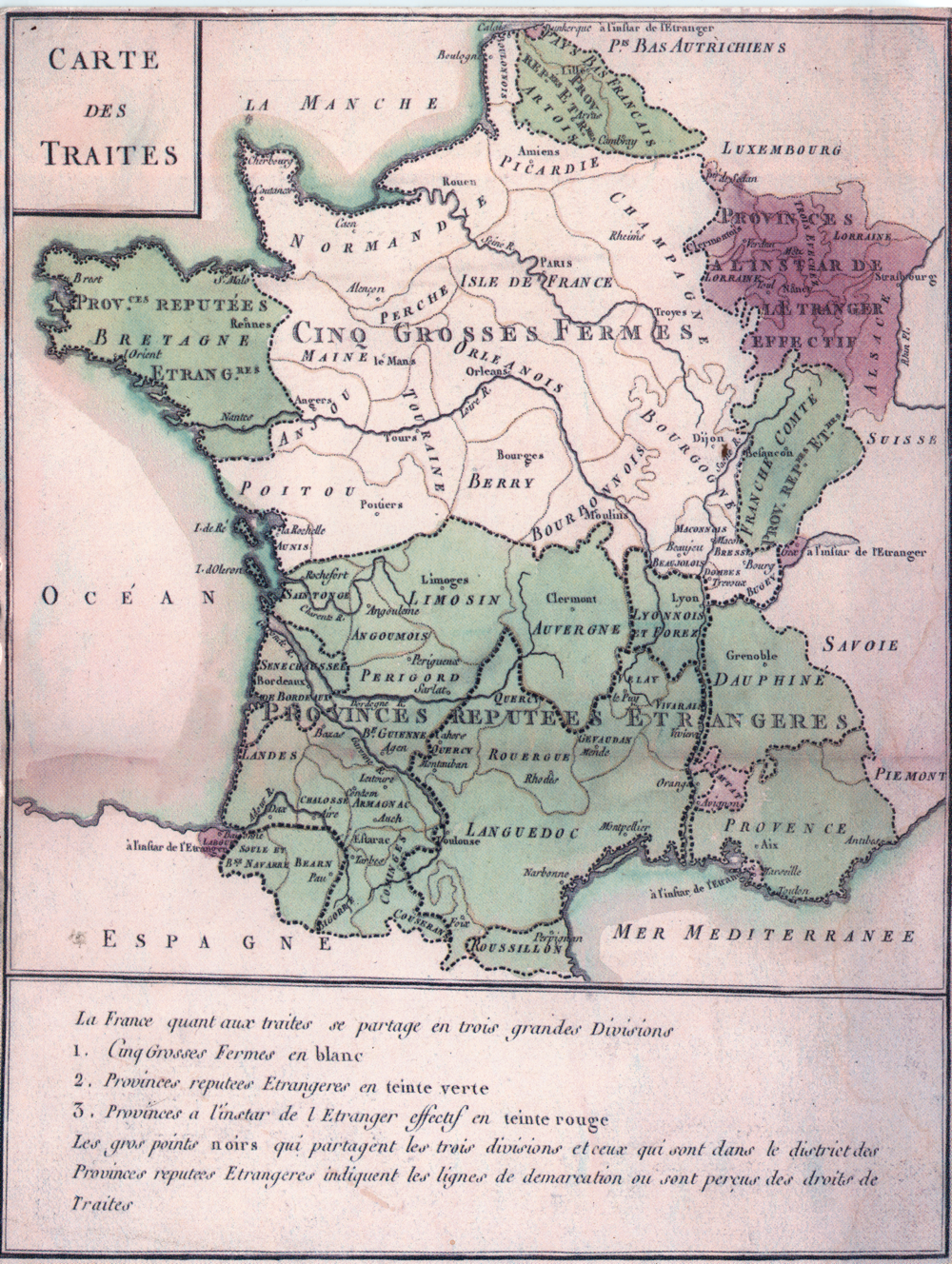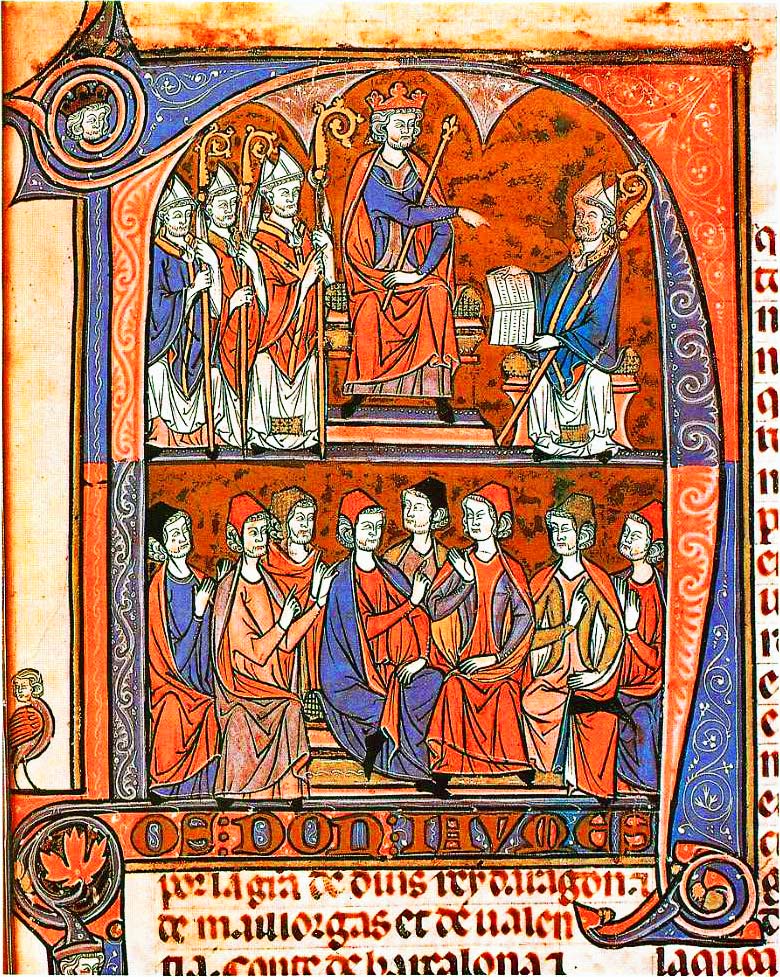|
End Of Basque Home Rule In France
The end of Basque home rule or '' foruak/fors'', the native institutional and legal system, took place during the French revolutionary period (1789-1795). The final violent dissolution of the semi-autonomous Basque institutional and legal system was coupled with the arrival of French troops to the Basque Country within the War of the Pyrenees and a deliberate terror on the Basque population centred in Labourd. It resulted in the abrupt suppression of all native governmental and jurisdictional organs and the establishment of the departement of the Lower Pyrenees (''Basses-Pyrénées''), as well as the ''departement'' administrative system, as everywhere in France. Background Although gradually curtailed starting 1620, the Basques in the Kingdom of France maintained a semi-autonomous status favoured by their peripheral location and common bonds with their peer Basque districts in Spain, ruled by a similar self-empowerment system. However, each district held a different governmen ... [...More Info...] [...Related Items...] OR: [Wikipedia] [Google] [Baidu] |
Fuero
(), (), () or () is a Spanish legal term and concept. The word comes from Latin , an open space used as a market, tribunal and meeting place. The same Latin root is the origin of the French terms and , and the Portuguese terms and ; all of these words have related, but somewhat different meanings. The Spanish term has a wide range of meanings, depending upon its context. It has meant a compilation of laws, especially a local or regional one; a set of laws specific to an identified class or estate (for example , comparable to a military code of justice, or , specific to the Roman Catholic Church). In many of these senses, its equivalent in medieval England would be the custumal. In the 20th century, Francisco Franco's regime used the term for several of the fundamental laws. The term implied these were not constitutions subject to debate and change by a sovereign people, but orders from the only legitimate source of authority, as in feudal times. Characteristics ' ... [...More Info...] [...Related Items...] OR: [Wikipedia] [Google] [Baidu] |
French Basque Country
The French Basque Country, or Northern Basque Country ( eu, Iparralde (), french: Pays basque, es, País Vasco francés) is a region lying on the west of the French department of the Pyrénées-Atlantiques. Since 1 January 2017, it constitutes the Basque Municipal Community ( eu, Euskal Hirigune Elkargoa, links=no; french: Communauté d'Agglomeration du Pays Basque, links=no) presided over by . It includes three former historic French provinces in the north-east of the traditional Basque Country totalling : Lower Navarre (french: Basse-Navarre, links=no; eu, Nafarroa Beherea, links=no), until 1789 nominally Kingdom of Navarre, with ; Labourd (), with ; Soule (), with . The population included in the Basque Municipal Community amounts to 309,723 inhabitants distributed in 158 municipalities. It is delimited in the north by the department of Landes, in the west by the Bay of Biscay, in the south by the Southern Basque Country and in the east by Béarn (although in the ... [...More Info...] [...Related Items...] OR: [Wikipedia] [Google] [Baidu] |
French Enlightenment
French (french: français(e), link=no) may refer to: * Something of, from, or related to France ** French language, which originated in France, and its various dialects and accents ** French people, a nation and ethnic group identified with France ** French cuisine, cooking traditions and practices Fortnite French places Arts and media * The French (band), a British rock band * "French" (episode), a live-action episode of ''The Super Mario Bros. Super Show!'' * ''Française'' (film), 2008 * French Stewart (born 1964), American actor Other uses * French (surname), a surname (including a list of people with the name) * French (tunic), a particular type of military jacket or tunic used in the Russian Empire and Soviet Union * French's, an American brand of mustard condiment * French catheter scale, a unit of measurement of diameter * French Defence, a chess opening * French kiss, a type of kiss involving the tongue See also * France (other) * Franch, a surname * French ... [...More Info...] [...Related Items...] OR: [Wikipedia] [Google] [Baidu] |
Viscounty Of Bearn
A viscount ( , for male) or viscountess (, for female) is a title used in certain European countries for a noble of varying status. In many countries a viscount, and its historical equivalents, was a non-hereditary, administrative or judicial position, and did not develop into a hereditary title until much later. In the case of French viscounts, it is customary to leave the title untranslated as vicomte . Etymology The word ''viscount'' comes from Old French (Modern French: ), itself from Medieval Latin , accusative of , from Late Latin "deputy" + Latin (originally "companion"; later Roman imperial courtier or trusted appointee, ultimately count). History During the Carolingian Empire, the kings appointed counts to administer provinces and other smaller regions, as governors and military commanders. Viscounts were appointed to assist the counts in their running of the province, and often took on judicial responsibility. The kings strictly prevented the offices of their coun ... [...More Info...] [...Related Items...] OR: [Wikipedia] [Google] [Baidu] |
National Assembly
In politics, a national assembly is either a unicameral legislature, the lower house of a bicameral legislature, or both houses of a bicameral legislature together. In the English language it generally means "an assembly composed of the representatives of the nation." The population base represented by this name is manifestly the nation as a whole, as opposed to a geographically select population, such as that represented by a provincial assembly. The powers of a National Assembly vary according to the type of government. It may possess all the powers of government, generally governing by committee, or it may function solely within the legislative branch of the government. The name also must be distinguished from the concept. Conceptually such an institution may appear under variety of names, especially if "national assembly" is being used to translate foreign names of the same concept into English. Also, the degree to which the National Assembly speaks for the nation is a var ... [...More Info...] [...Related Items...] OR: [Wikipedia] [Google] [Baidu] |
Louis XVI
Louis XVI (''Louis-Auguste''; ; 23 August 175421 January 1793) was the last King of France before the fall of the monarchy during the French Revolution. He was referred to as ''Citizen Louis Capet'' during the four months just before he was executed by guillotine. He was the son of Louis, Dauphin of France, son and heir-apparent of King Louis XV, and Maria Josepha of Saxony. When his father died in 1765, he became the new Dauphin. Upon his grandfather's death on 10 May 1774, he became King of France and Navarre, reigning as such until 4 September 1791, when he received the title of King of the French, continuing to reign as such until the monarchy was abolished on 21 September 1792. The first part of his reign was marked by attempts to reform the French government in accordance with Enlightenment ideas. These included efforts to abolish serfdom, remove the ''taille'' (land tax) and the ''corvée'' (labour tax), and increase tolerance toward non-Catholics as well as aboli ... [...More Info...] [...Related Items...] OR: [Wikipedia] [Google] [Baidu] |
Estates-General Of 1789
The Estates General of 1789 was a general assembly representing the French estates of the realm: the clergy (First Estate), the nobility (Second Estate), and the commoners (Third Estate). It was the last of the Estates General of the Kingdom of France. Summoned by King Louis XVI, the Estates General of 1789 ended when the Third Estate formed the National Assembly and, against the wishes of the King, invited the other two estates to join. This signaled the outbreak of the French Revolution. The decision to summon the Estates First Assembly of Notables and peasants The suggestion to summon the Estates General came from the Assembly of Notables installed by the King on 22 February 1787. This institution had not been called since 1614. In 1787, the Parlement of Paris was refusing to ratify Charles Alexandre de Calonne's program of badly needed financial reform, due to the special interests of its noble members. Calonne was the Controller-General of Finances, appointed by the ... [...More Info...] [...Related Items...] OR: [Wikipedia] [Google] [Baidu] |
Dominique Joseph Garet Cadet (1749-1833)
"Dominique" is a 1963 French language popular song, written and performed by the Belgian female singer Jeannine Deckers, better known as Sœur Sourire ("Sister Smile" in French) or The Singing Nun. The song is about Saint Dominic, a Spanish-born priest and founder of the Dominican Order, of which she was a member (as Sister Luc-Gabrielle). The English-version lyrics of the song were written by Noël Regney. In addition to French and English, Deckers recorded versions in Dutch, German, Hebrew, Japanese, Korean, and Portuguese. It was a top selling record in 11 countries in late 1963 and early 1964. Commercial performance "Dominique" reached the Top 10 in 11 countries in late 1963 and early 1964, topping the chart in the United States, Canada, Australia and New Zealand. It reached the Top 5 in Norway, Denmark, Ireland and South Africa, with the song making it into the lower reaches of the Top 10 in the Netherlands, West Germany, and the United Kingdom. The song reached and stayed ... [...More Info...] [...Related Items...] OR: [Wikipedia] [Google] [Baidu] |
Estates Of Navarre
Estate or The Estate may refer to: Law * Estate (law), a term in common law for a person's property, entitlements and obligations * Estates of the realm, a broad social category in the histories of certain countries. ** The Estates, representative bodies of the estates of the realm *** Estates General, a supra-regional gathering of representatives of the estates of the realm * Estate in land * Estate (land), the grounds and tenancies (such as farms, housing, woodland, parkland) associated with a very large property ** Housing estate, a group of houses built as a single development. ** Industrial estate (office park) and trading estate; property planned and sub-let for industrial and commercial use. ** Real estate or real property ***Estate agent or real estate agent * Literary estate, the intellectual property of a deceased author, or the executor thereof Automobiles and technology * Estate car ( station wagon), a passenger car with a full-size interior cargo compartment * Bui ... [...More Info...] [...Related Items...] OR: [Wikipedia] [Google] [Baidu] |
Bayonne
Bayonne (; eu, Baiona ; oc, label= Gascon, Baiona ; es, Bayona) is a city in Southwestern France near the Spanish border. It is a commune and one of two subprefectures in the Pyrénées-Atlantiques department, in the Nouvelle-Aquitaine region. Bayonne is located at the confluence of the Nive and Adour rivers in the northern part of the cultural region of the Basque Country. It is the seat of the Communauté d'agglomération du Pays Basque which roughly encompasses the western half of Pyrénées-Atlantiques, including the coastal city of Biarritz. This area also constitutes the southern part of Gascony, where the Aquitaine Basin joins the beginning of the Pre-Pyrenees. Together with nearby Anglet, Biarritz, Saint-Jean-de-Luz, as well as several smaller communes, Bayonne forms an urban area with 273,137 inhabitants at the 2018 census; 51,411 residents lived in the commune of Bayonne proper. [...More Info...] [...Related Items...] OR: [Wikipedia] [Google] [Baidu] |




